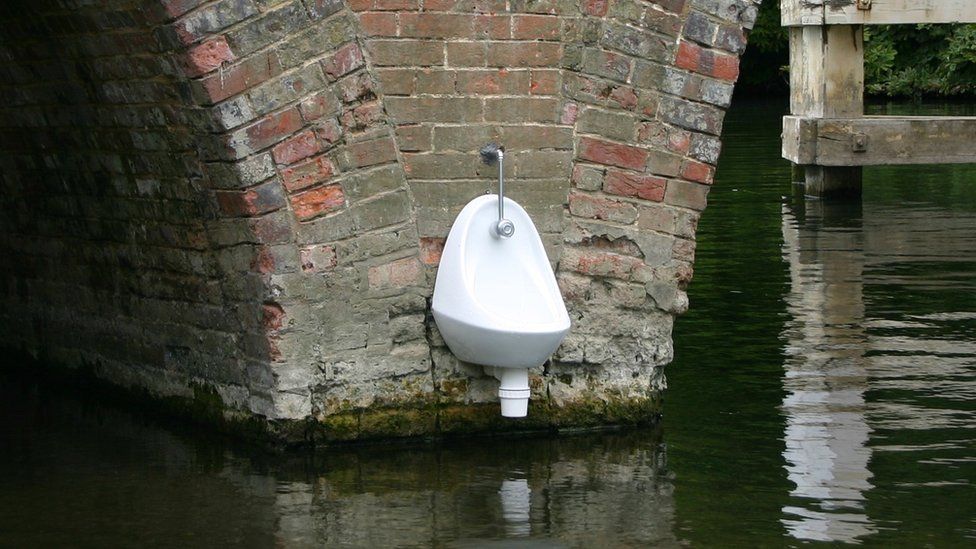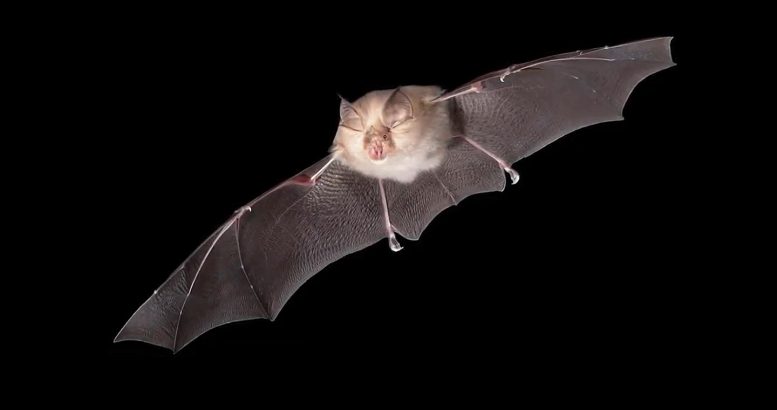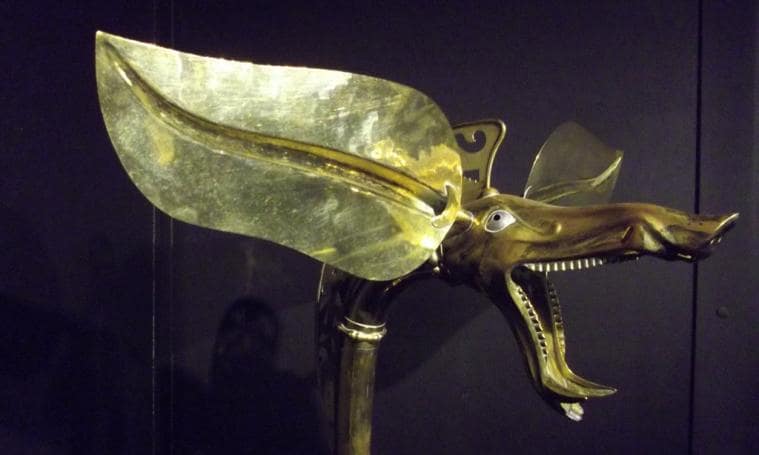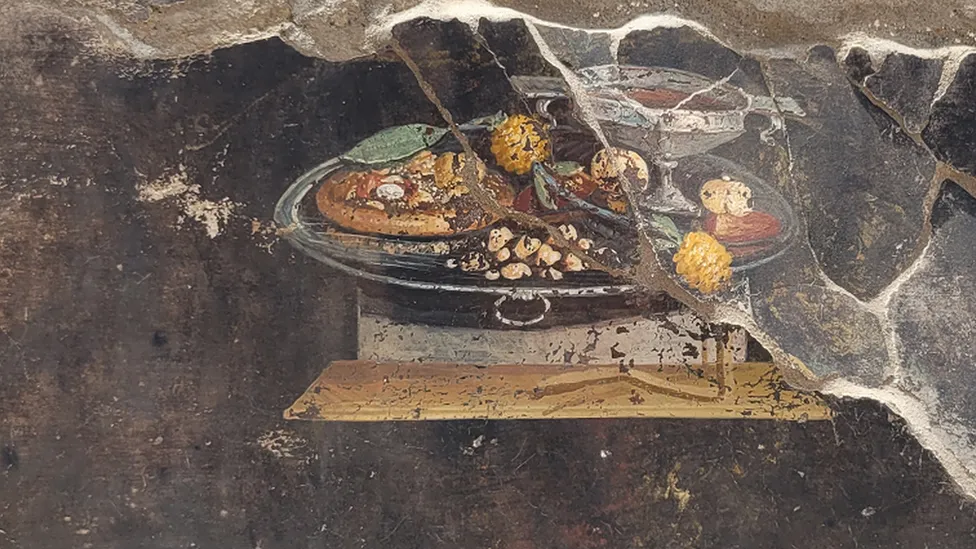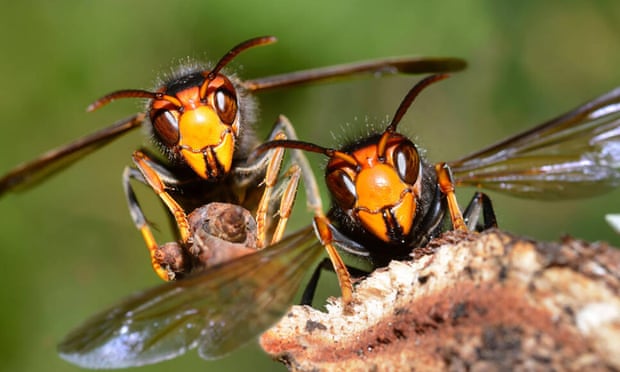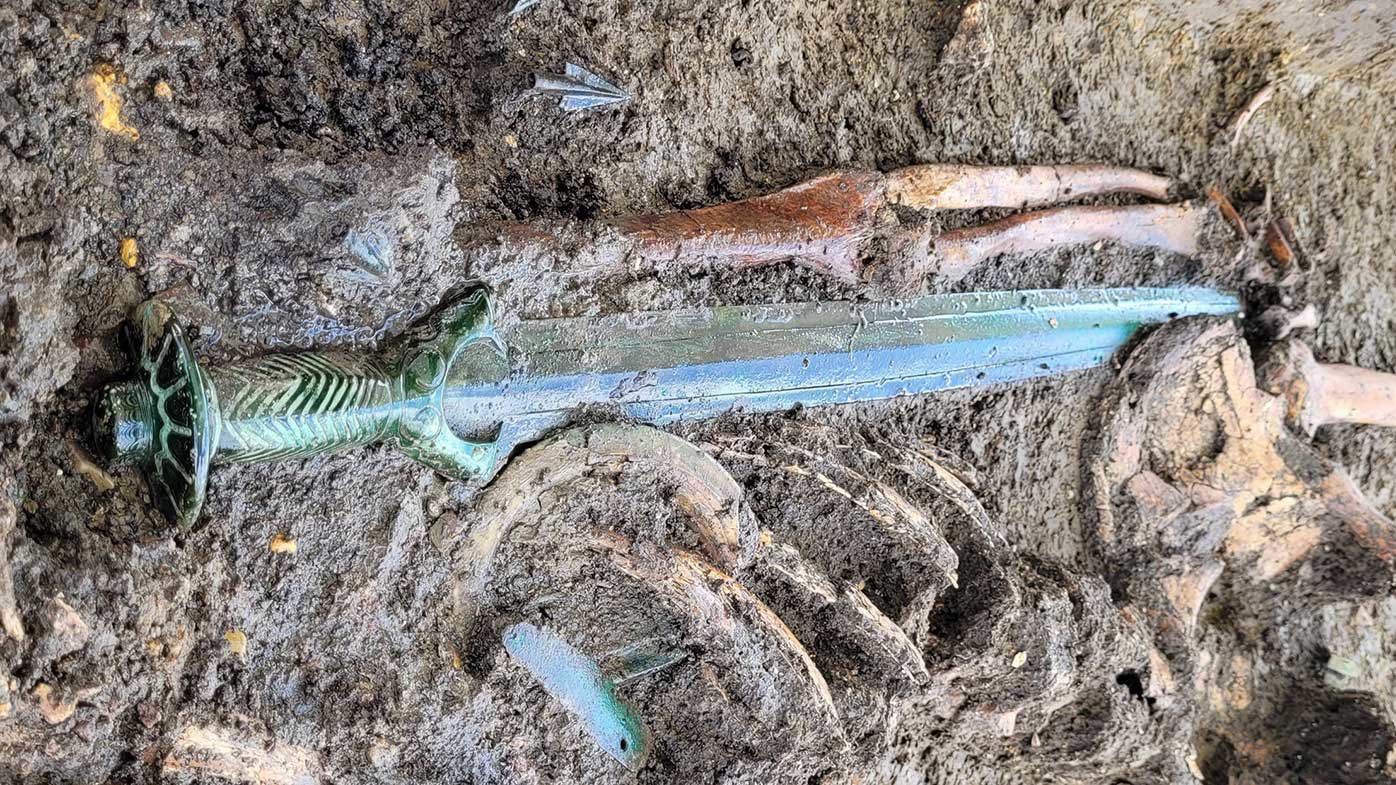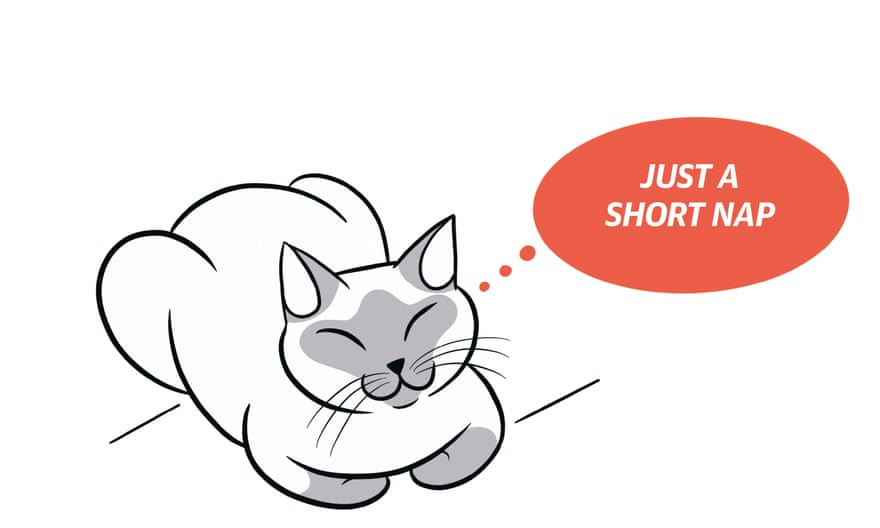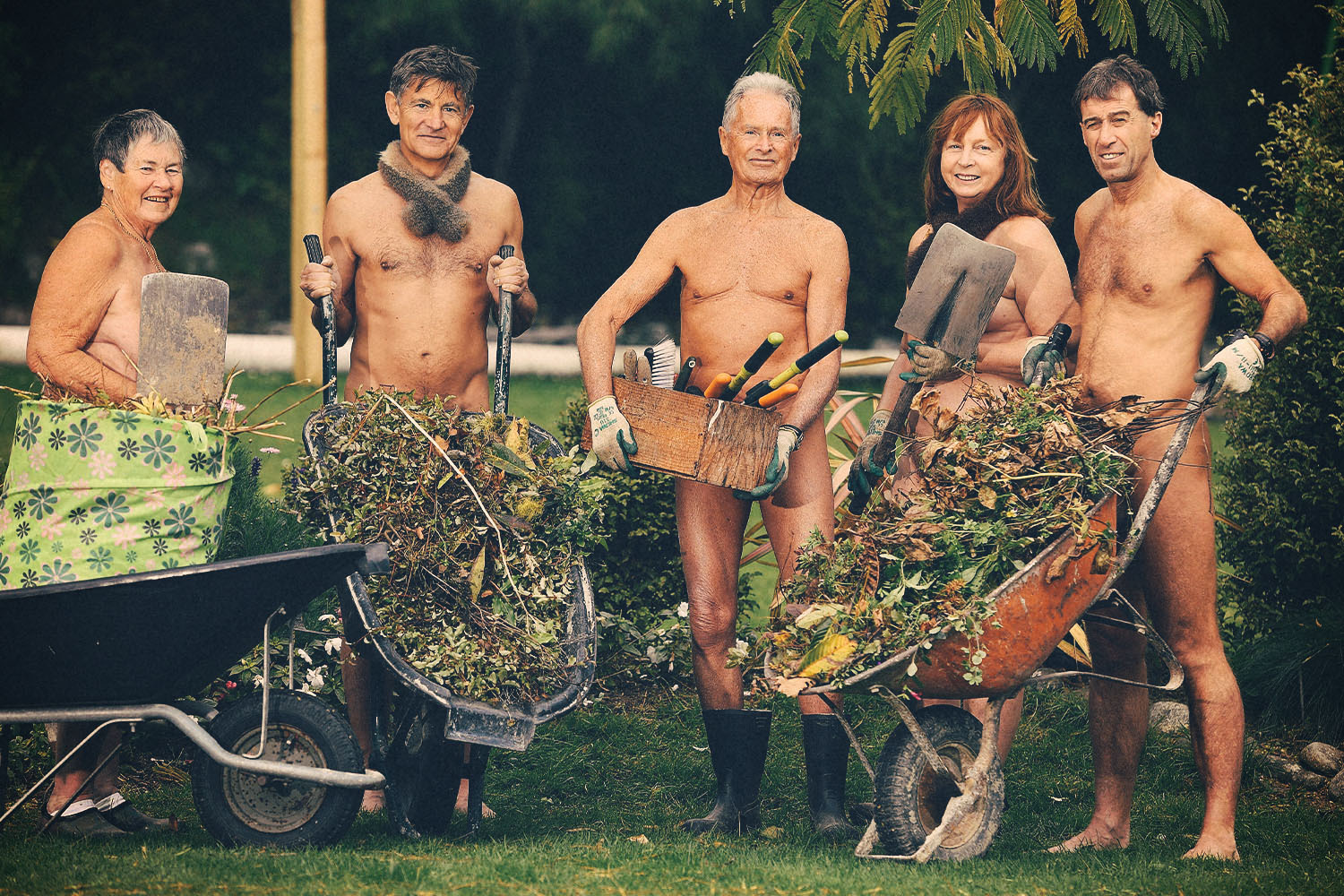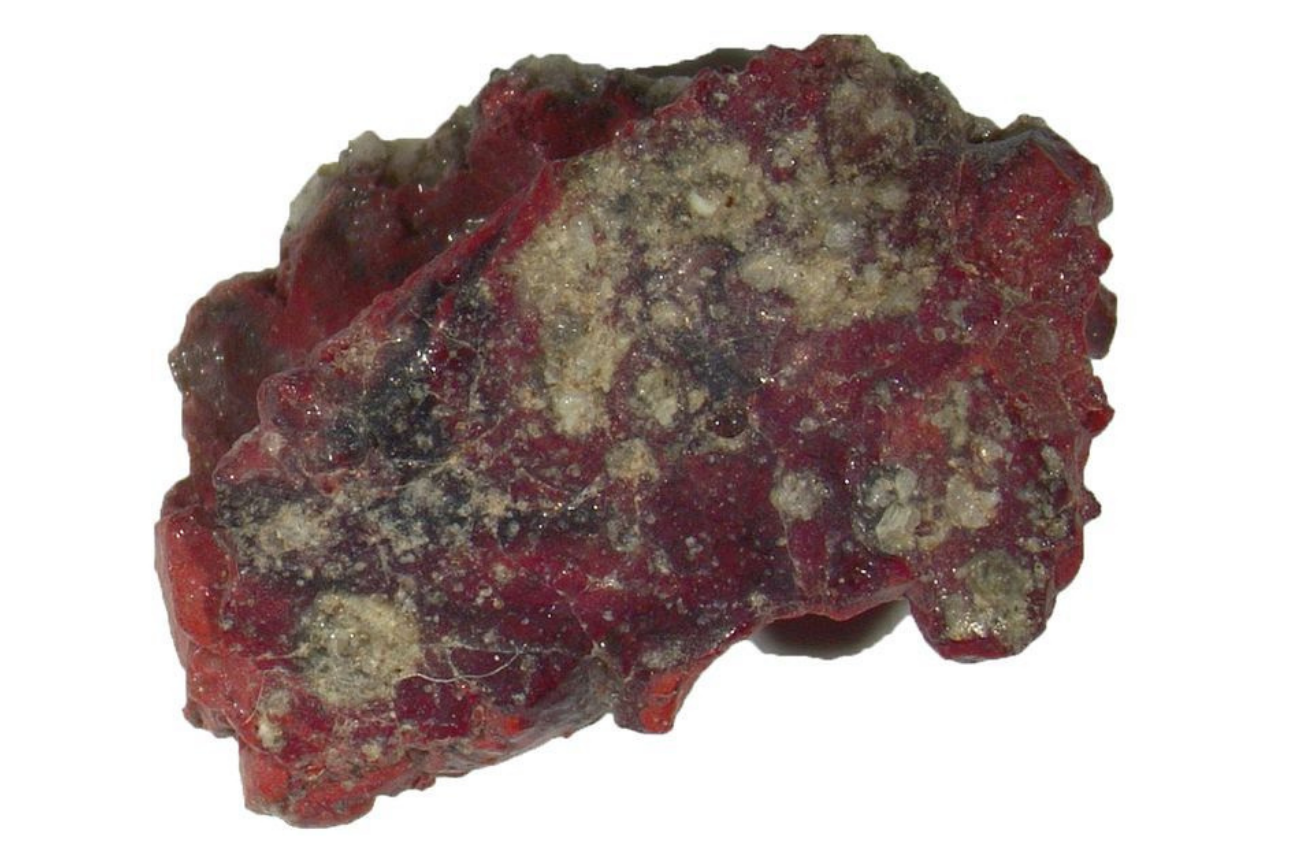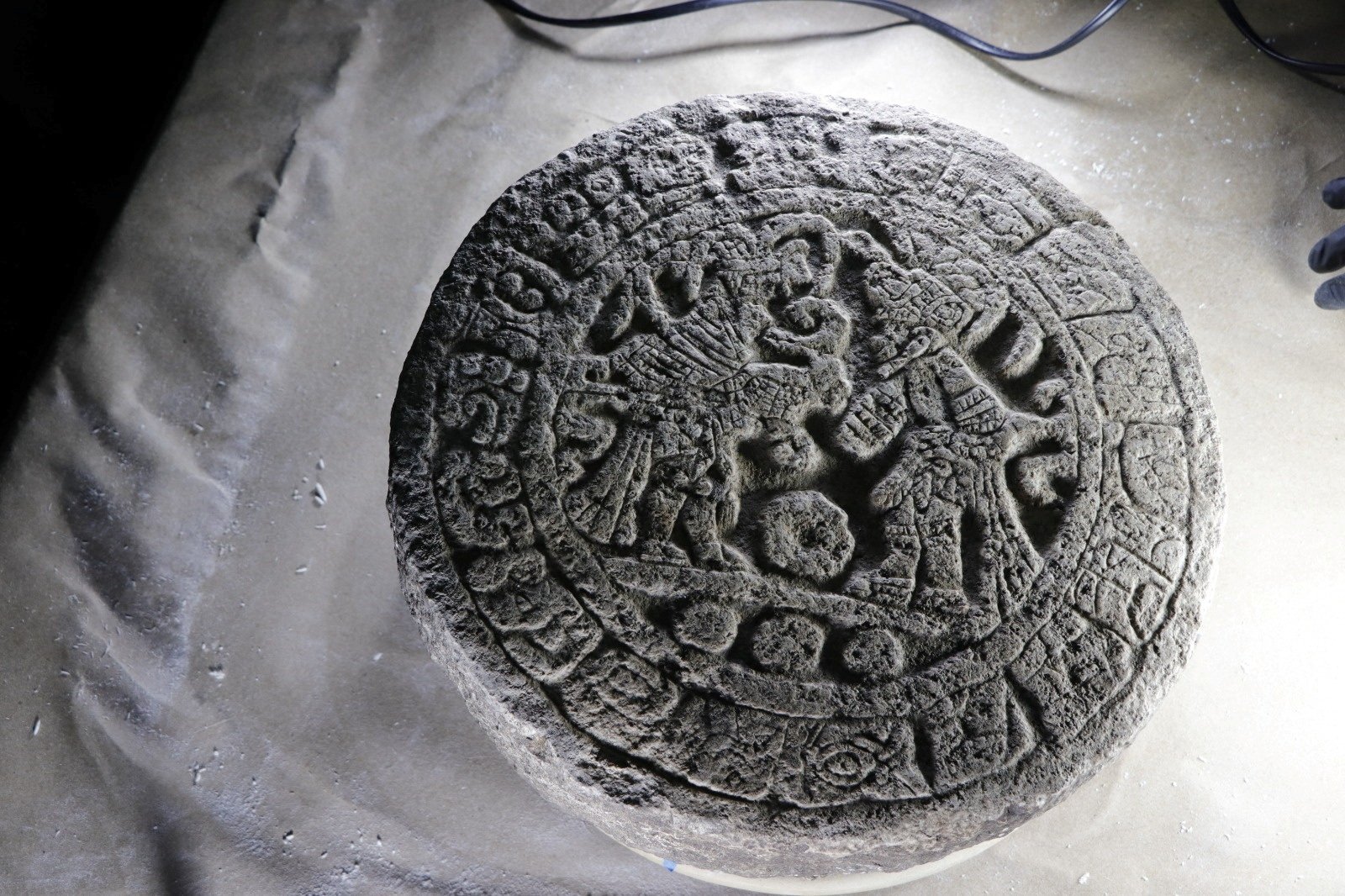Here we go then with this month’s selection of links to items which interested me, and which you may have missed.
Science, Technology, Natural World
Let’s start with 16, possibly unexpected, facts about sweat.
Turmeric is supposedly one of those “cure-alls” but despite some interesting chemistry it looks like its claims are overstated.
Still on turmeric, here’s a report on how researchers uncovered a scam of improving the colour of turmeric with lead. [LONG READ]

And while we’re on things yellow, a researcher thinks they’ve found a long-thought lost Ancient Greek and Roman medicinal plant.
And then there are wasps – in his case the common “yellow-jacket” Vespula vulgaris – where researchers using data from the Big Wasp Survey have found that the UK population is essentially genetically homogeneous. [Full disclosure: I’ve been part of Big Wasp Survey since its inception.]
Researchers are claiming that worms frozen in permafrost for 46,000 years are still alive and the oldest known living animals.
Continuing with the bizarre, in the deep Atlantic Ocean there lives a creature with 20 arms.
And so to the even more esoteric … Scientists continue to puzzle over whether nothingness exists.
On average your friends are on average more popular than you – on the paradox which links epidemiology and sociology.
Health, Medicine
Various scientists are making the observation that we aren’t prepared for the next pandemic (whatever that is) – here’s one. [LONG READ]
Covid cases have seen a small spike this summer; here’s why, and some thoughts going forward.
Here’s a look at six slightly surprising effects of common medicines. [££££]
In this one young researcher looks at the challenges she faced with OCD.
On the stigmatisation of menstruation through history to the current times.
Sexuality
There are different things helping towards great sex at various stages of life. [LONG READ]
Environment
Forget rich soil, try gardening with hardcore. [LONG READ]

More on wasps! There have been a number of sightings this year of Asian Hornets (aka. Yellow-Legged Hornet, Vespa velutina [image above], which is slightly smaller than a European Hornet, Vespa crabo [image below]) in the UK, most notably a cluster in Kent. While these are alien predators (often taking large numbers of honeybees) they are not the so-called “Murder Hornets” (aka Asian Giant Hornet, Vespa mandarinia, which are larger) which have invaded the American west coast. [As usual the article doesn’t really live up to the goriness of the headline.]
And there’s an even more recent report from the London area.

Art, Literature, Language, Music
Researchers at the Royal Museums of Fine Arts of Belgium have used infrared light to reveal a hidden portrait beneath a 1943 painting by René Magritte.
One scientist offers some tips for good scientific writing – and they aren’t what we’ve often been taught.
History, Archaeology, Anthropology
As always let’s start old and get younger, with an overview of our extinct human relatives the Neanderthals.
They’re still researching Ötzi the Iceman, and have now determined that he was balding and had dark skin.
Who was the first literary hero? There’s a suggestion that it is actually the ancient goddess Inanna.
The remains of an Iron Age female warrior have been discovered on the Isles of Scilly.
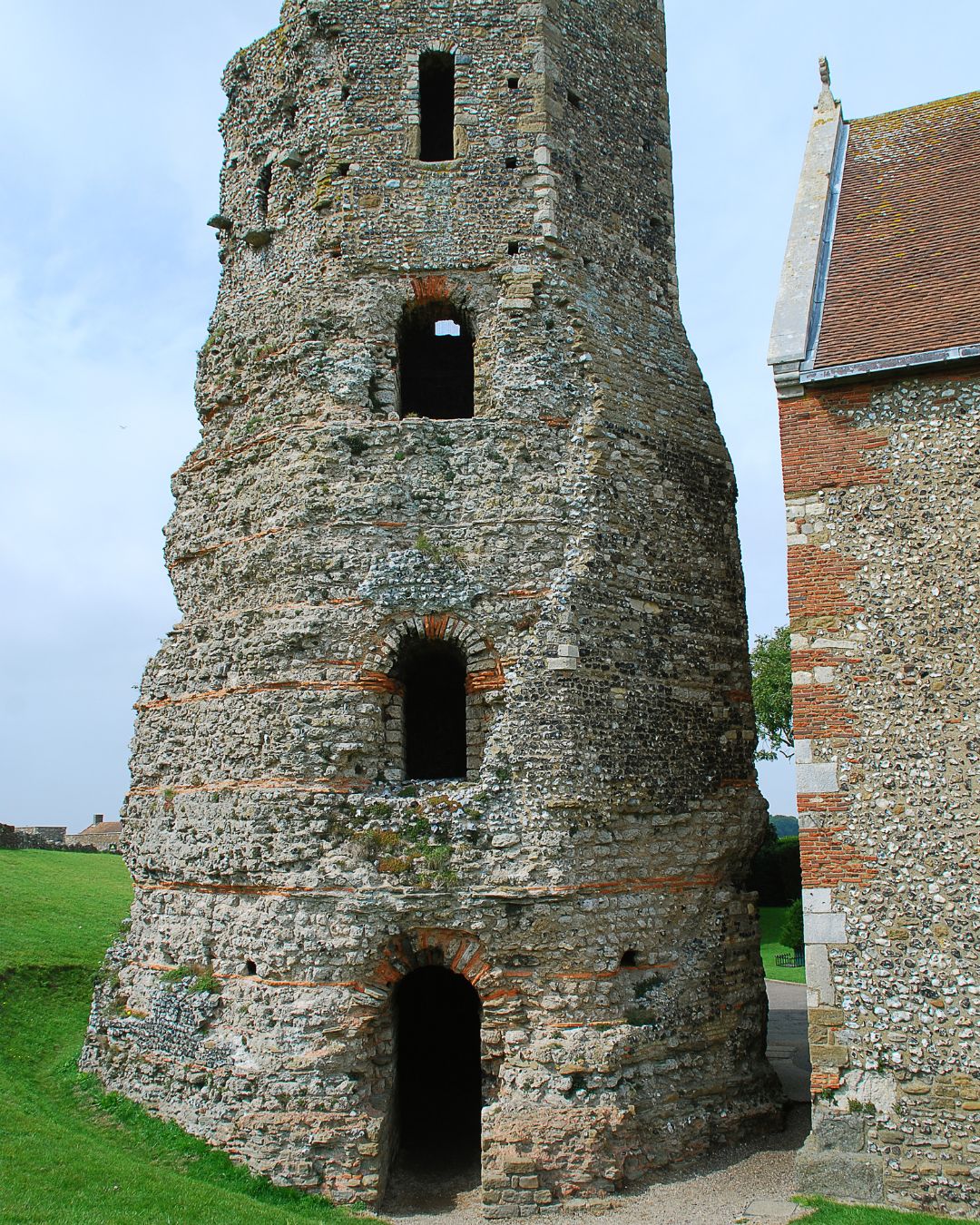
Just take a look at the magnificence of the Roman Lighthouse at Dover – the oldest in England.
Staying with the Romans, some marble fragments are giving an insight into Emperor Hadrian’s diary.
Further east in the Roman Empire archaeologists have uncovered a Roman amphitheatre with blood red walls.
A medieval historian appears to have recognised a new source about the Norman Conquest of England, and it was hiding in plain sight.
Laying to rest the myth that the medieval Kerrs were left-handed and that spiral staircases were always built to advantage the defender.
People
In an interview for the Big Issue, Professor Alice Roberts says she got side-tracked into academia.
Why do we always think that terminally single (and childless) women are unfulfilled, because they’re often happier?
Shock, Horror, Humour, Wow!

And finally two amusements. First one young lady pots up her Lego succulents.
And finally, finally someone has installed a urinal on the side of Sonning Bridge over the River Thames.
